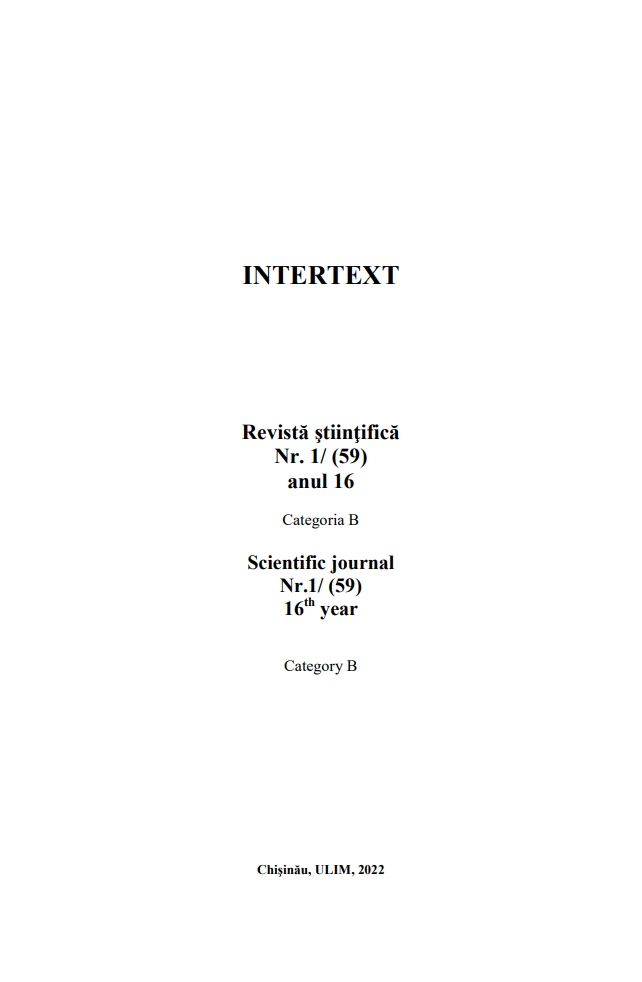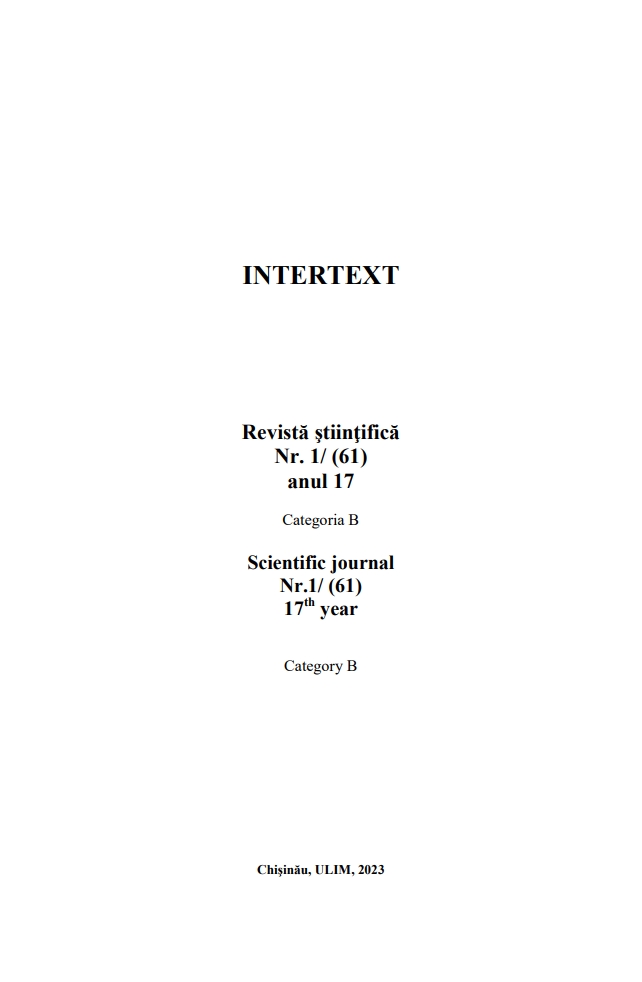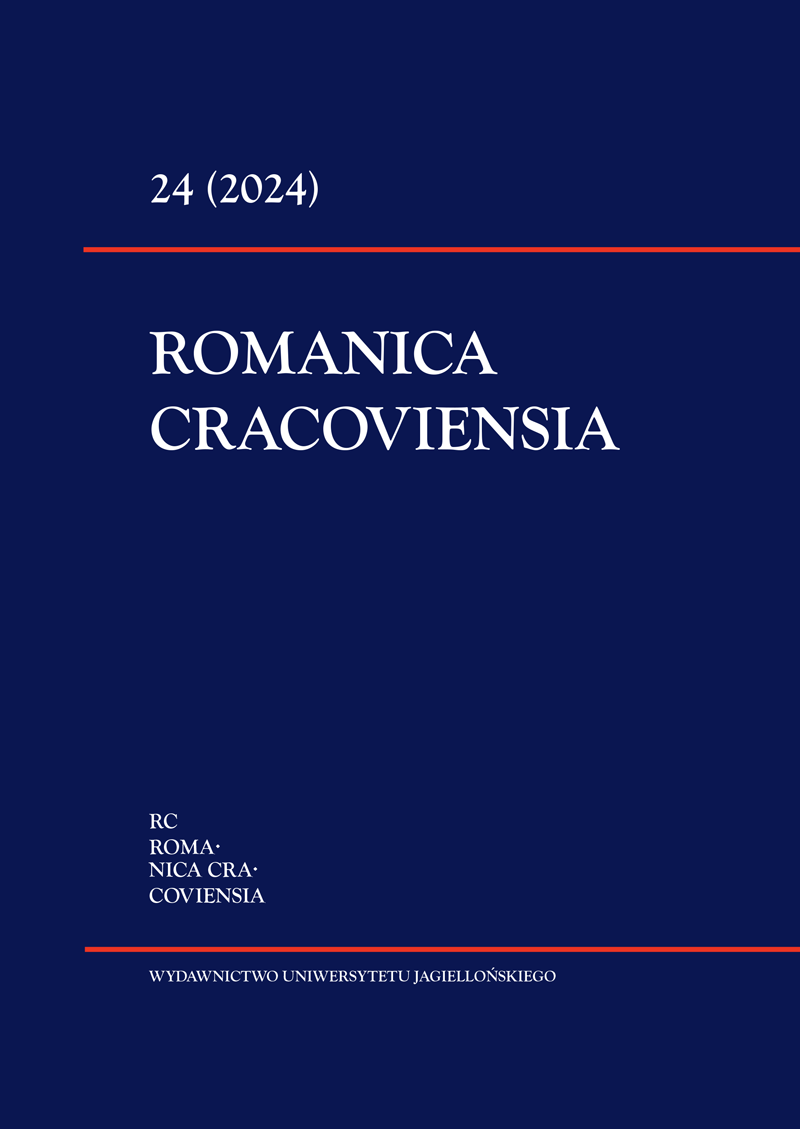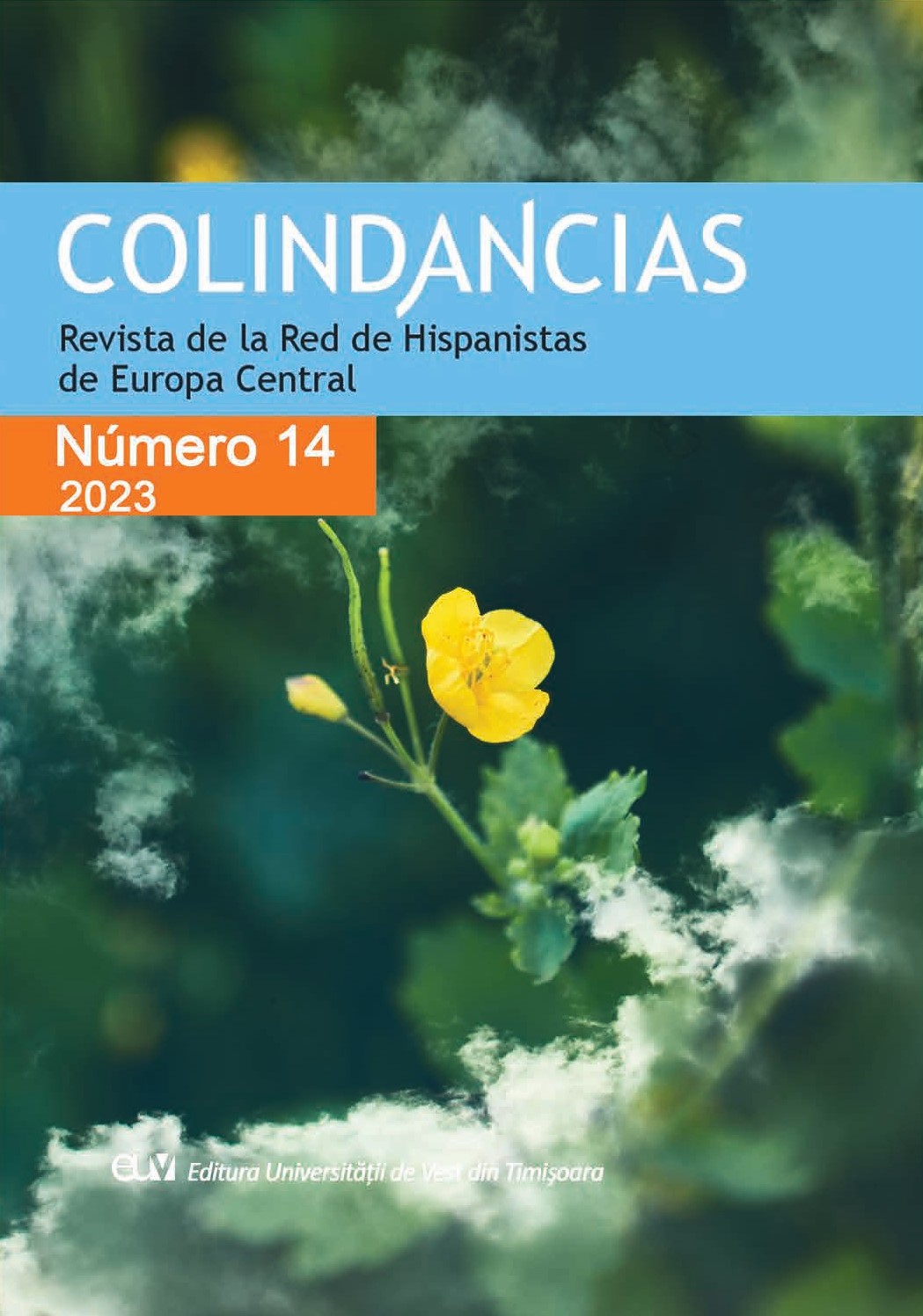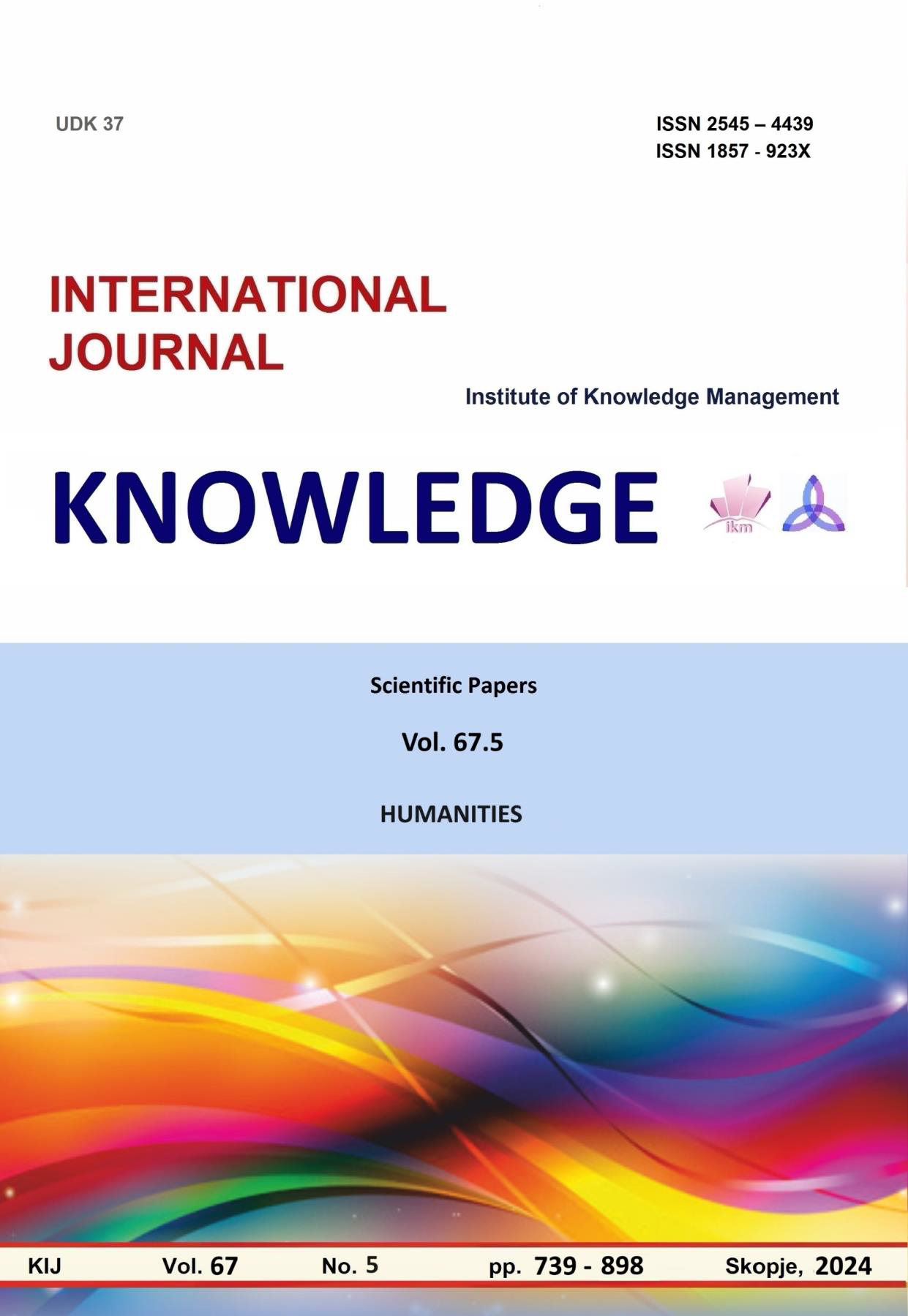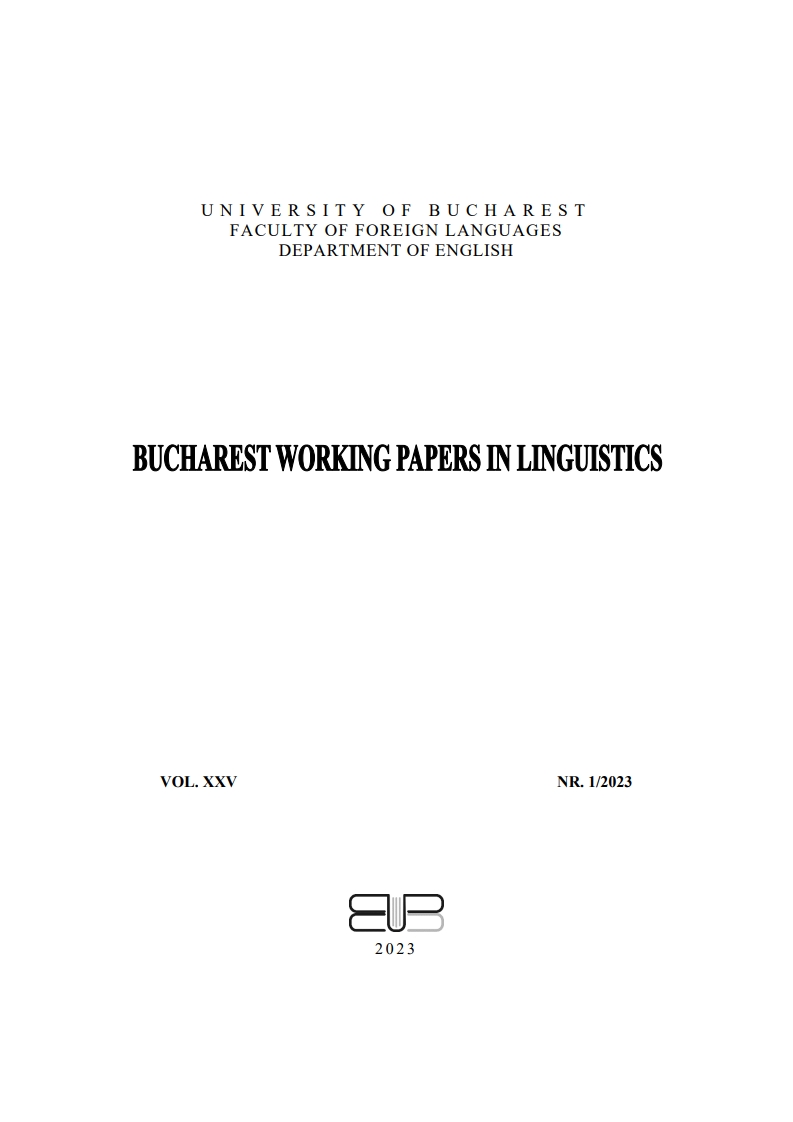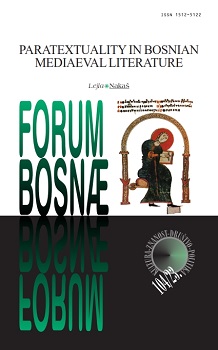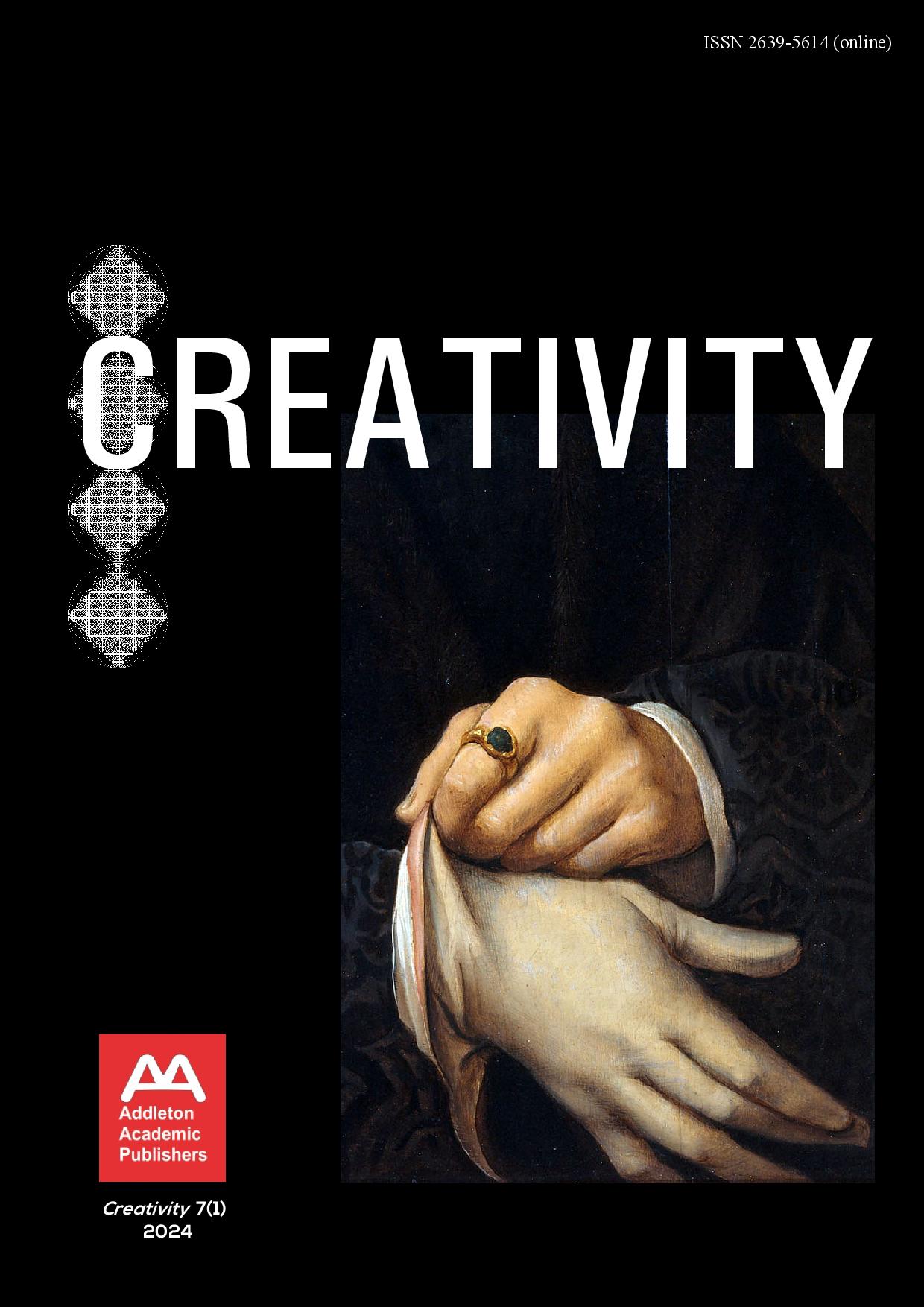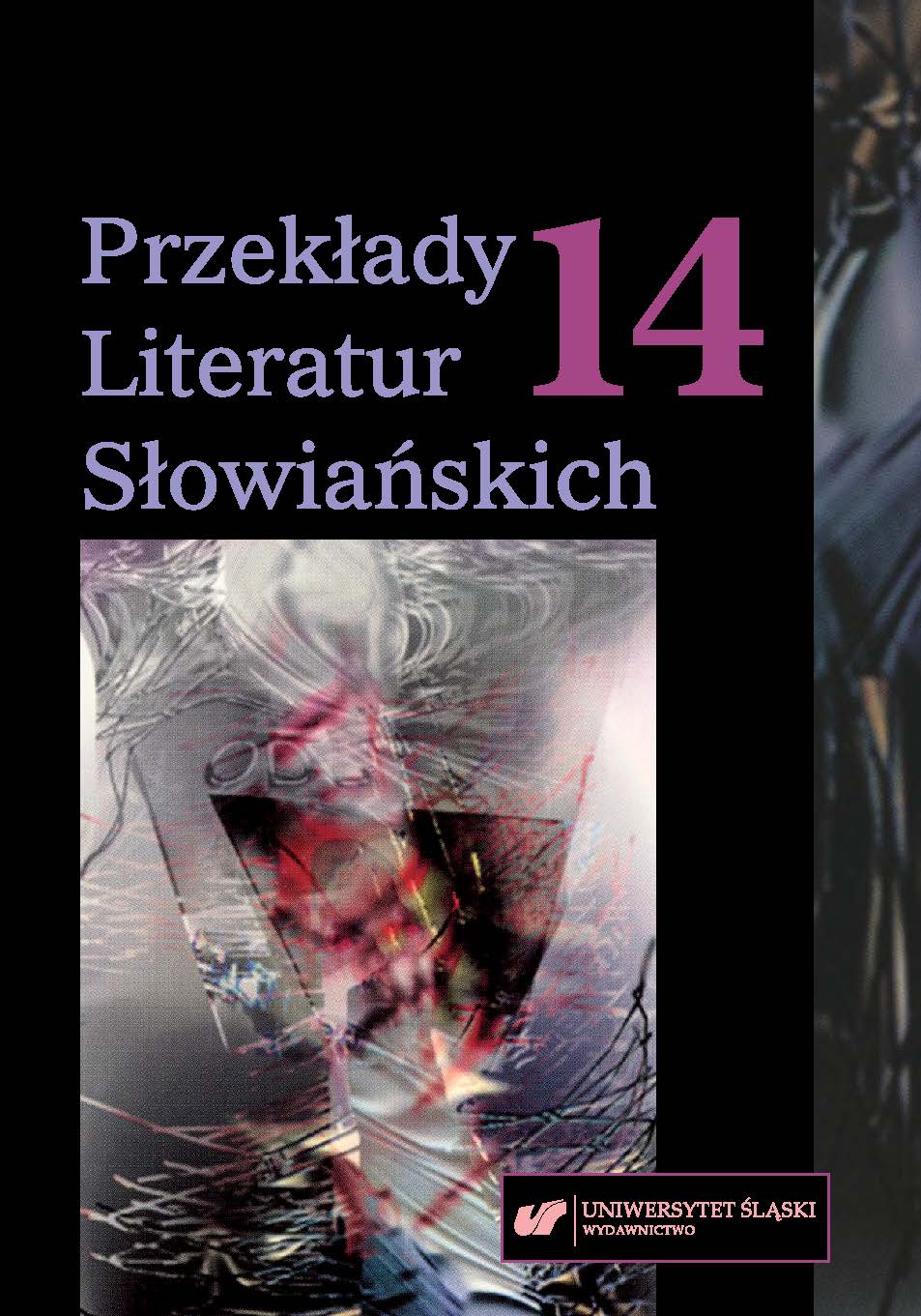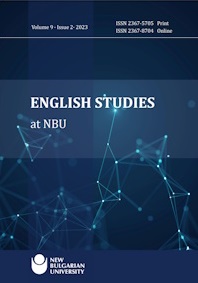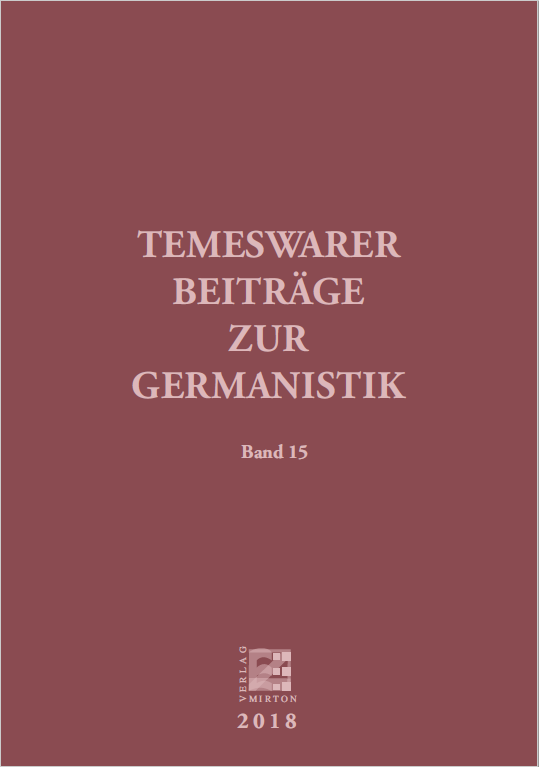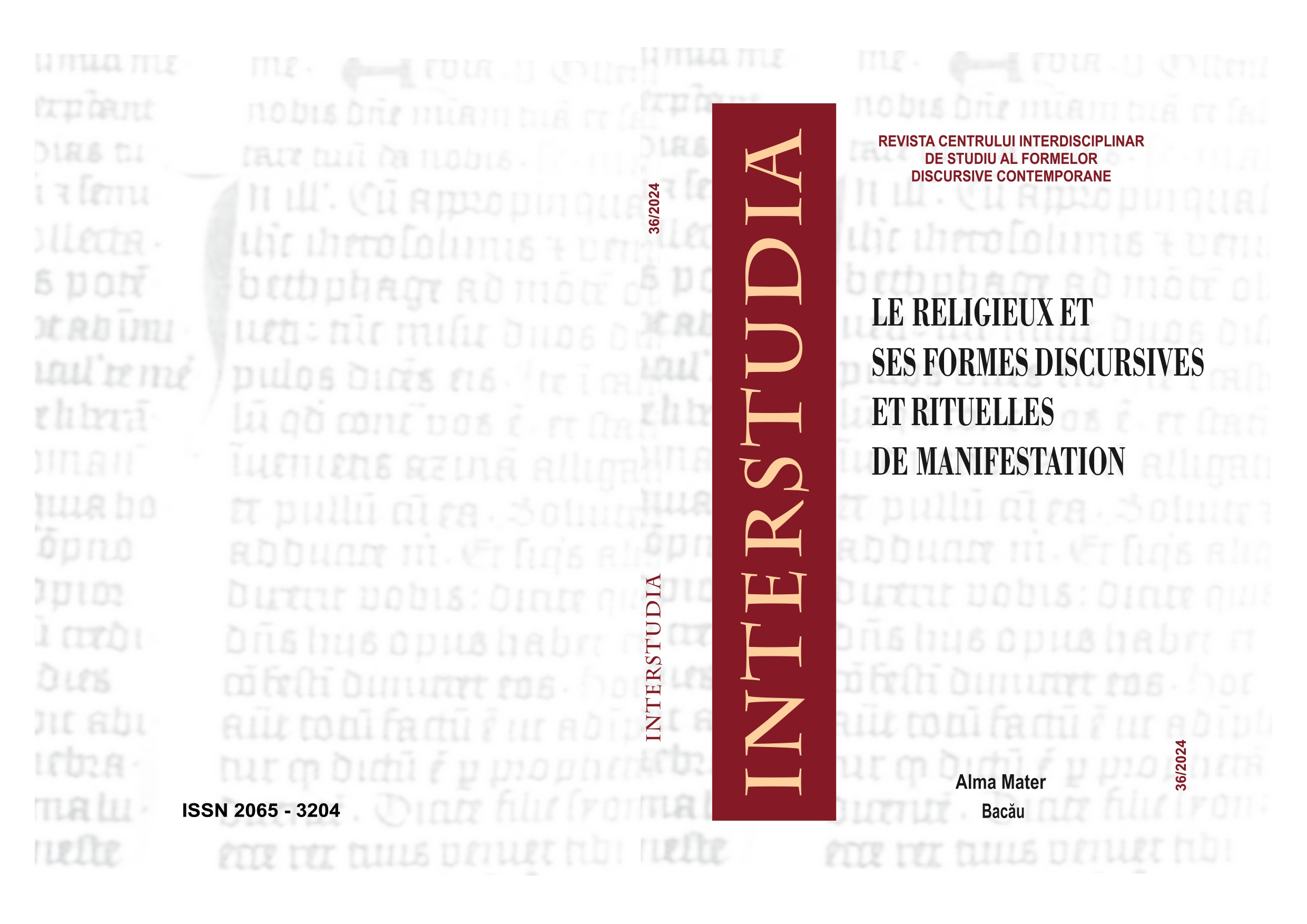Author(s): Mihai A. Stroe / Language(s): English
Issue: 1/2024
Vala (1796–1807), an epic poem of four thousand lines, and known to exist only in manuscript (not converted into illuminated painting), is William Blake’s most enigmatic masterpiece, standing in creative rank next to Jerusalem (1804–1820) and Milton (1804–1808). Vala is a powerhouse of romantic and mystical ideas. It is essential for grasping Blake’s cosmo-mythology and philosophy. We published a Romanian translation in 2006. Here we republish it with extensive revisions (Vala 1, 8 and 9 are reedited according to Keynes’s variorum edition), and providing the bilingual edition with a critical apparatus: 1) Introductory study in English (William Blake’s Vala: the enigma of the integral myth); and 2) Notes in Romanian, presenting literary, philosophical, historical, spiritual and scientific contexts, as well as matters of translation, the latter aspect being the major reason why the Notes section is presented in Romanian, for facilitating the study of those interested especially in the Romanian translation. The English text of Vala follows Geoffrey Keynes’s edition (Blake 1976: 263–382; cf. Blake 1957); we use square brackets for variant readings (hence the “variorum” aspect of this edition); and we use curly brackets for words written by Blake in pencil in this manuscript, or for words that Blake at a later time rewrote identically, but using ink over the initial pencil. For comparative purposes and for reasons of checking the accuracy of this text, one may use Blake 1946 [1927] and Blake 1926 & 1905. In this sense, Sloss & Wallis’s 1926 Clarendon Press edition of The prophetic writings of William Blake is especially helpful, because here can be found the integral variorum text of Vala (Blake 1926i: 136–341), with numerous footnotes clarifying difficulties in the text. The student of English and Romanian should be aware that the poem presents extreme linguistic difficulty, and the same is true also for the other two poems making up (in Gilchrist’s terminology) Blake’s Prophetic Books, namely Milton (1804–1808) and Jerusalem (1804–1820). We offered a first bilingual critical edition of Jerusalem in 2021 and a revised bilingual critical edition of Milton in 2022 [2006], so near the bicentennial of Blake’s death, which will occur in 2027. In the plan of the Prophetic Books, Blake’s Vala stands as a treatise on his mystical life philosophy, since here Blake unfolds his entire mythology filled with esoteric symbols. The introductory study deals with the enigma of Blake’s Vala – the clarifications offered here will prove useful in mapping the phases of the transformations of the four Zoas depicted in Vala. The four Zoas and their feminine consorts (Emanations), i.e. the heroes and heroines of Blake’s integral myth, can be understood as forces / energies of the human soul that govern not only the microcosm, but also the macrocosm, humanity emerging from this genesis myth as no less than a “demiurge” co-responsible for everything that takes place inside the world created by God. Creator and Creation are irresistibly linked by an unbreakable link in an infinite ring of eternity that proclaims, throughout the epic’s narratives of individual and collective apocalypses, the inevitability of the marriage of Heaven and Hell.
More...
